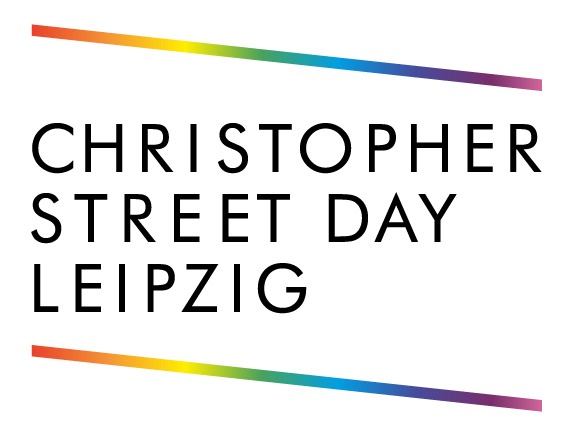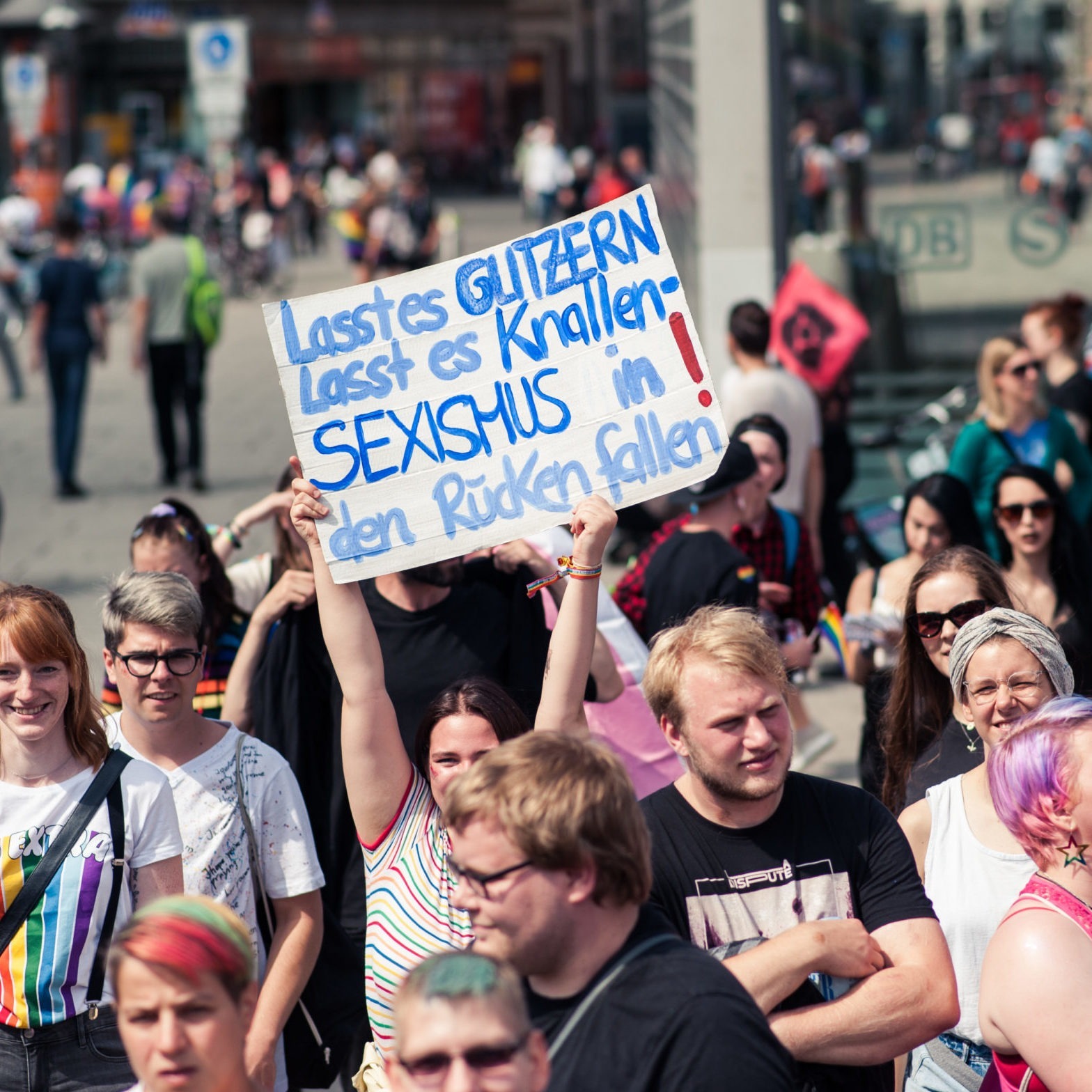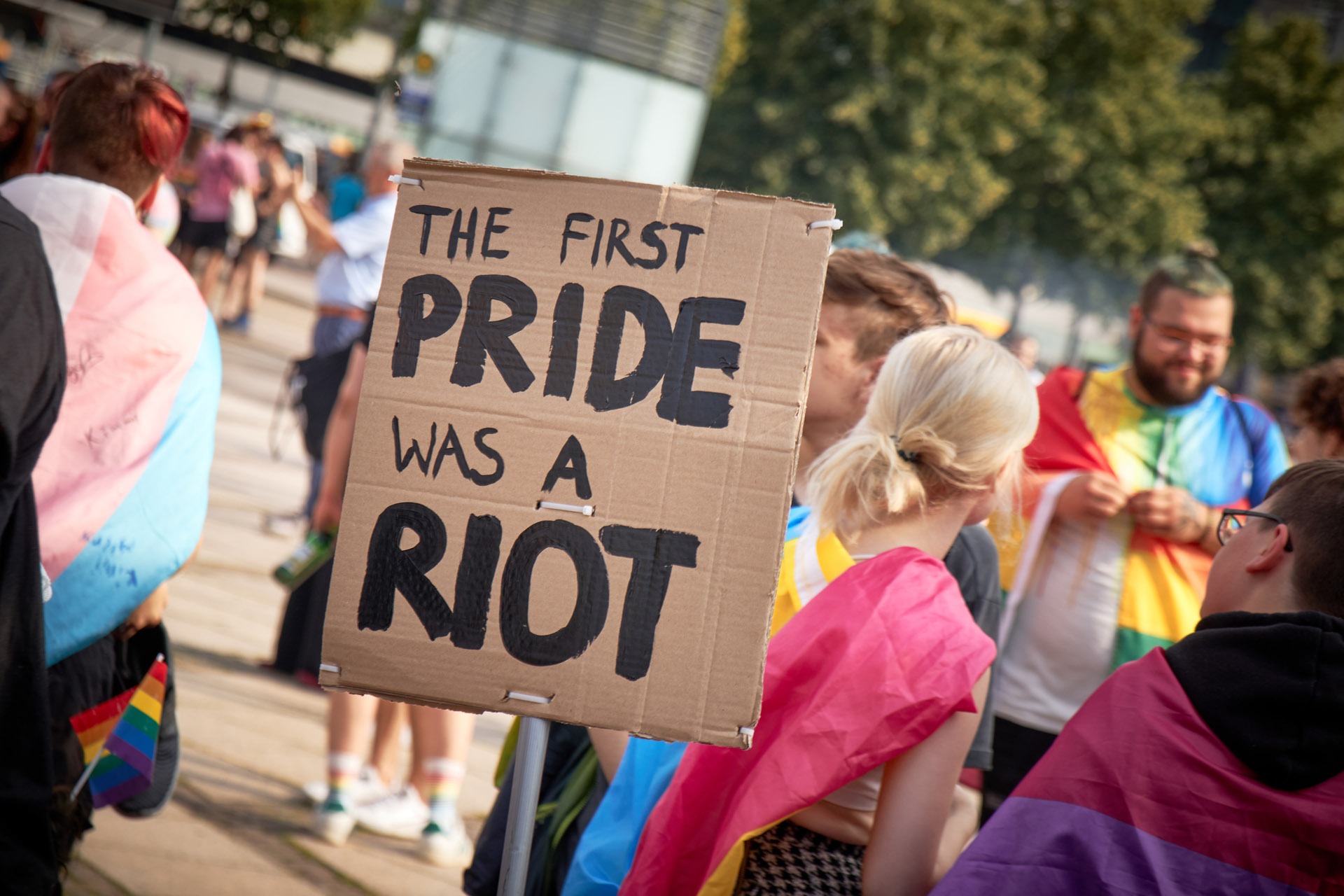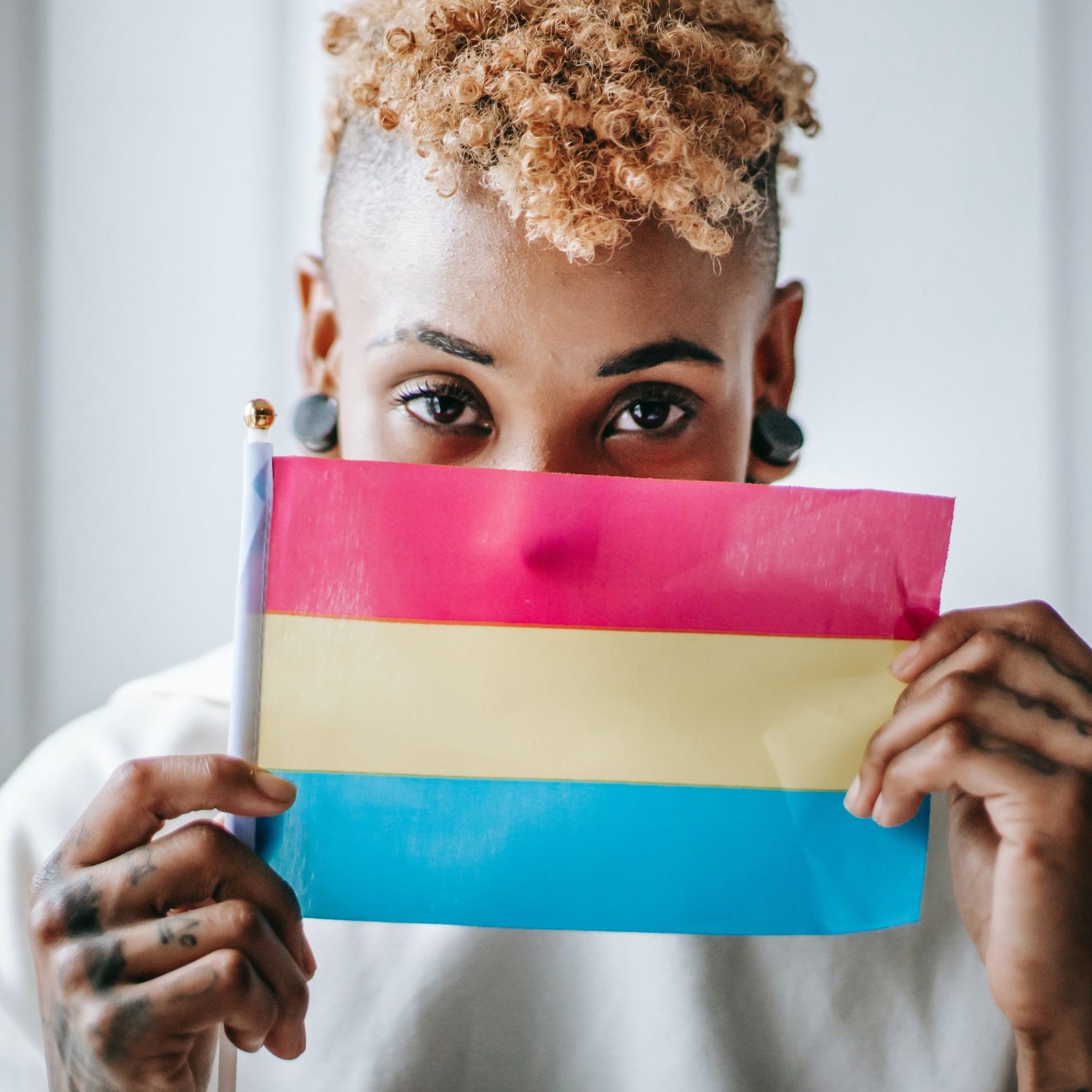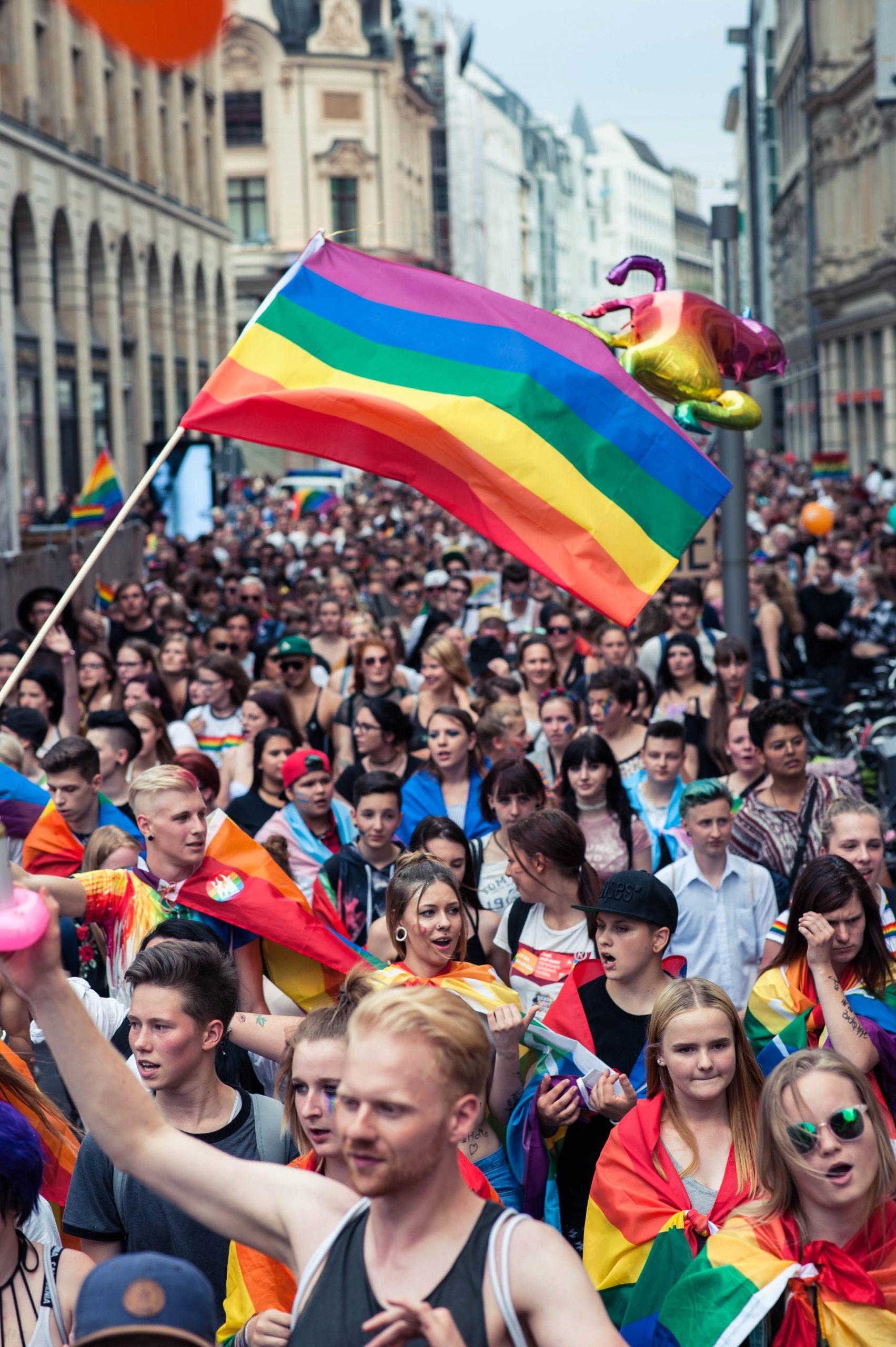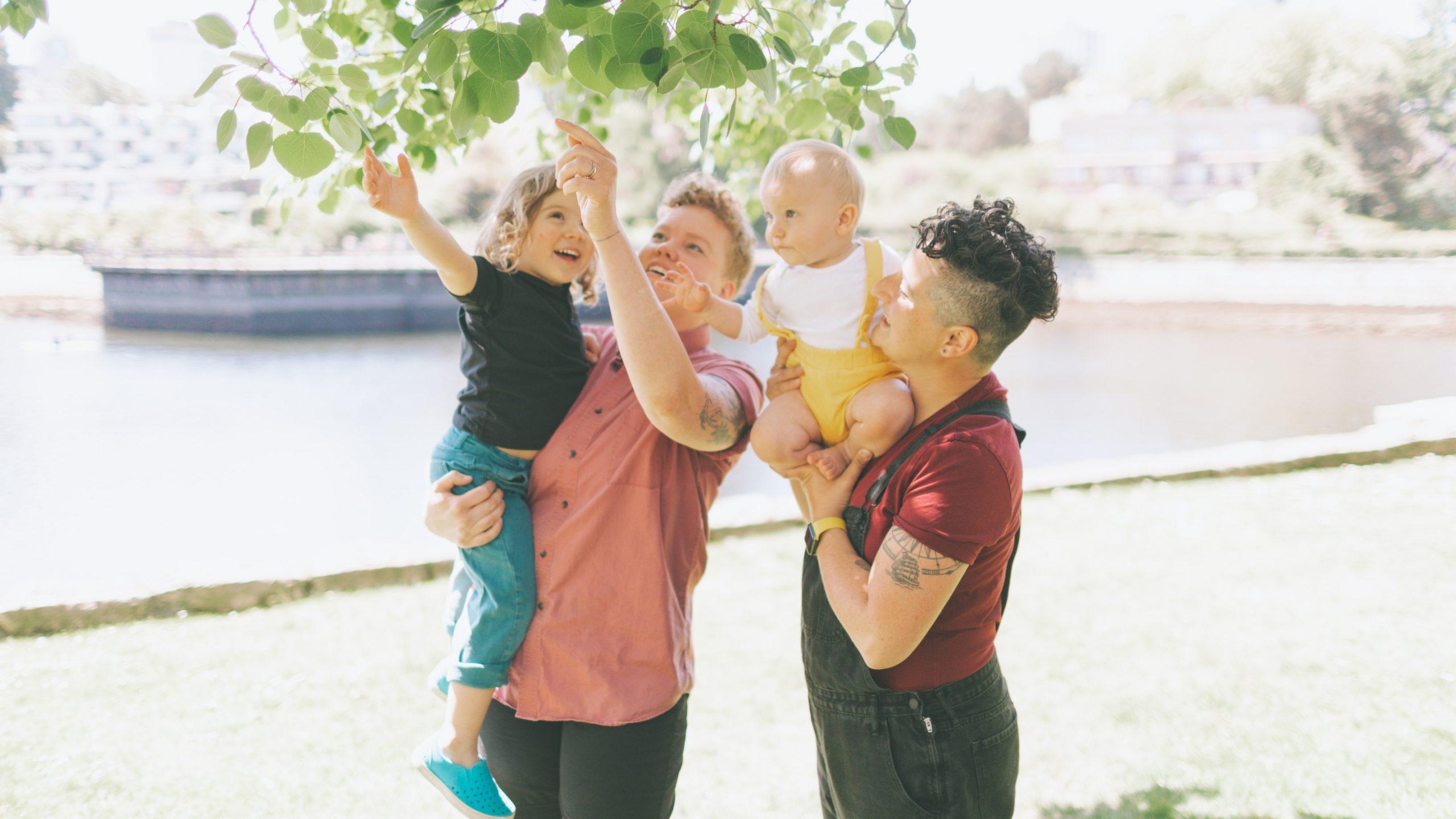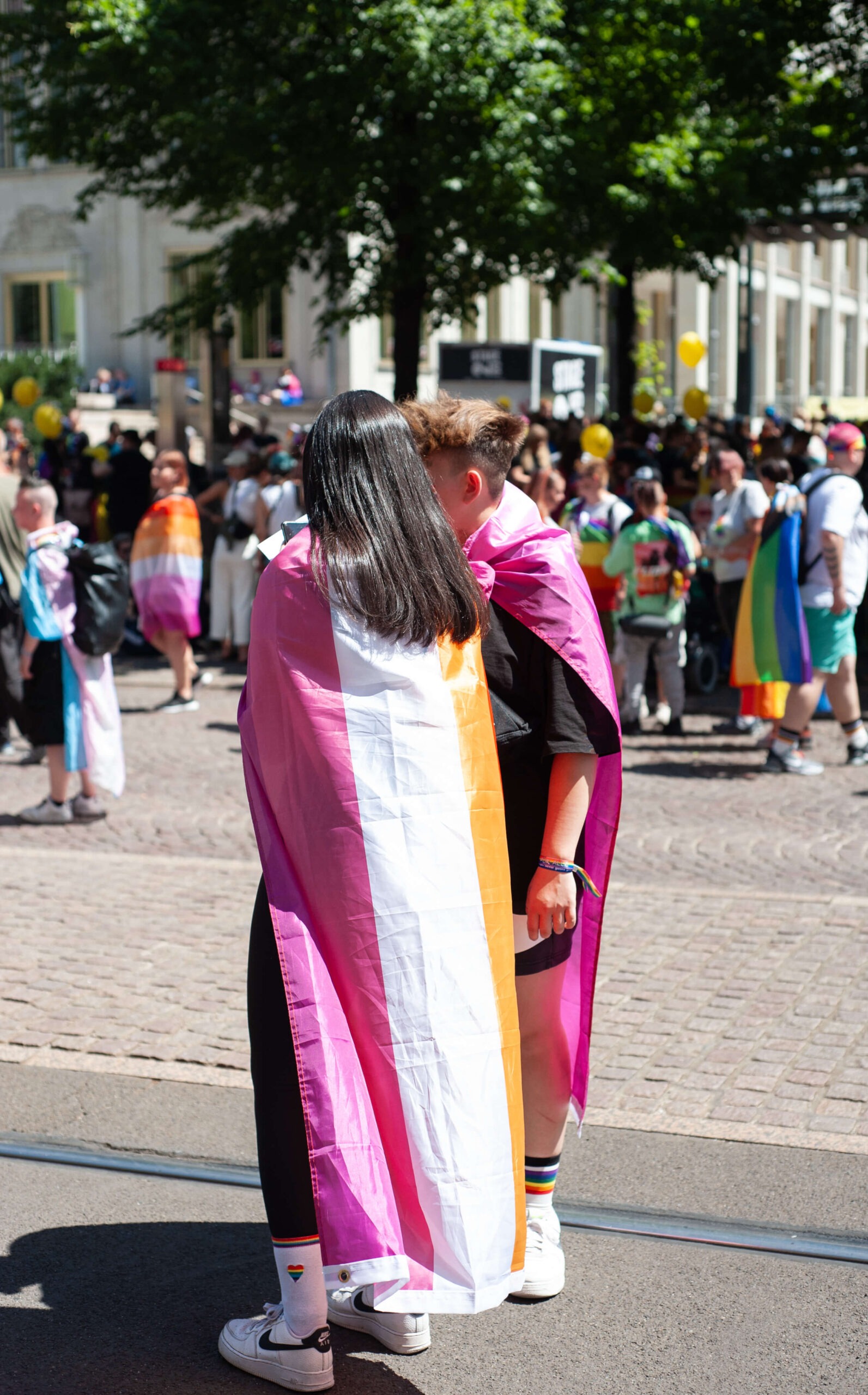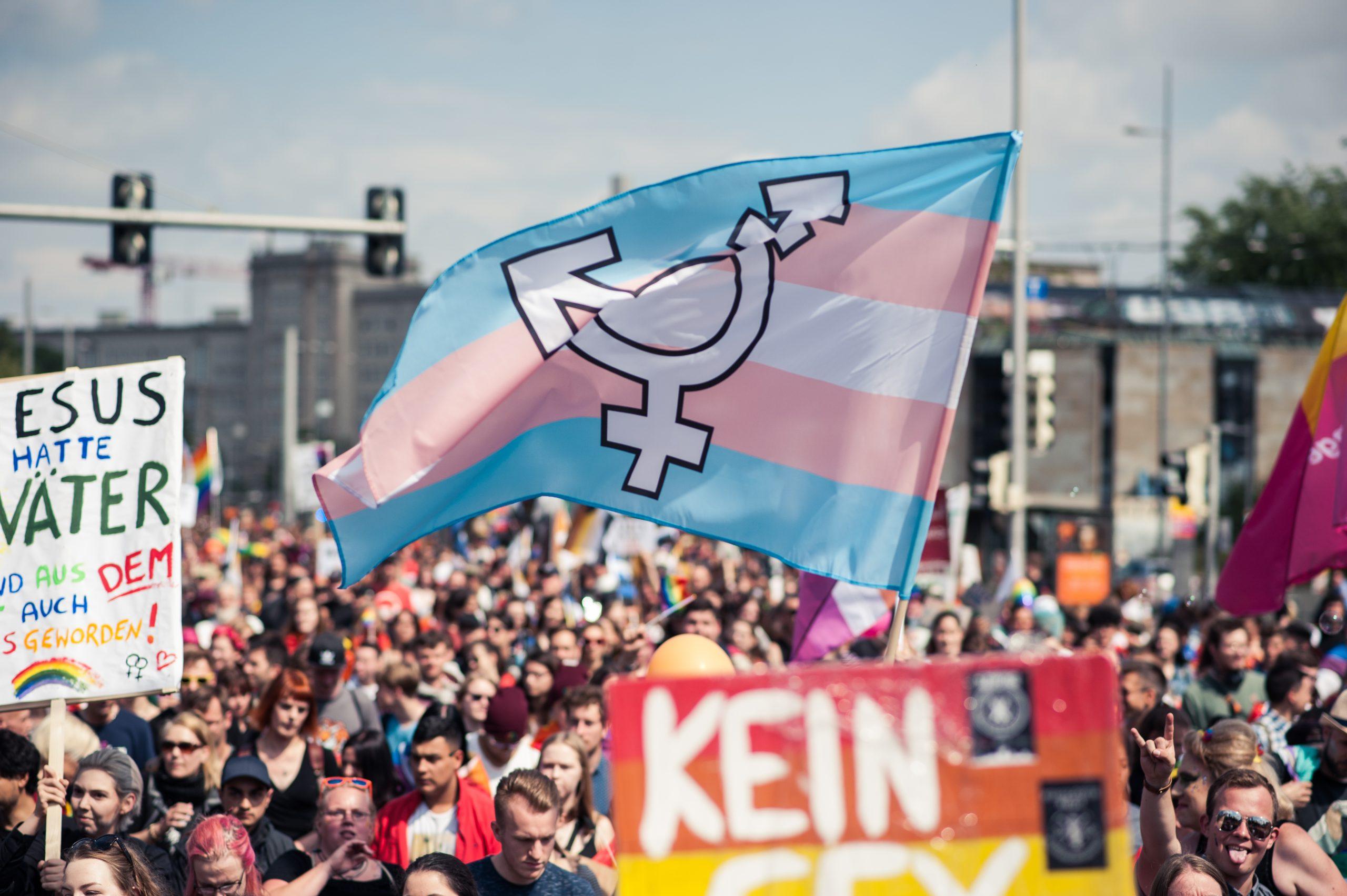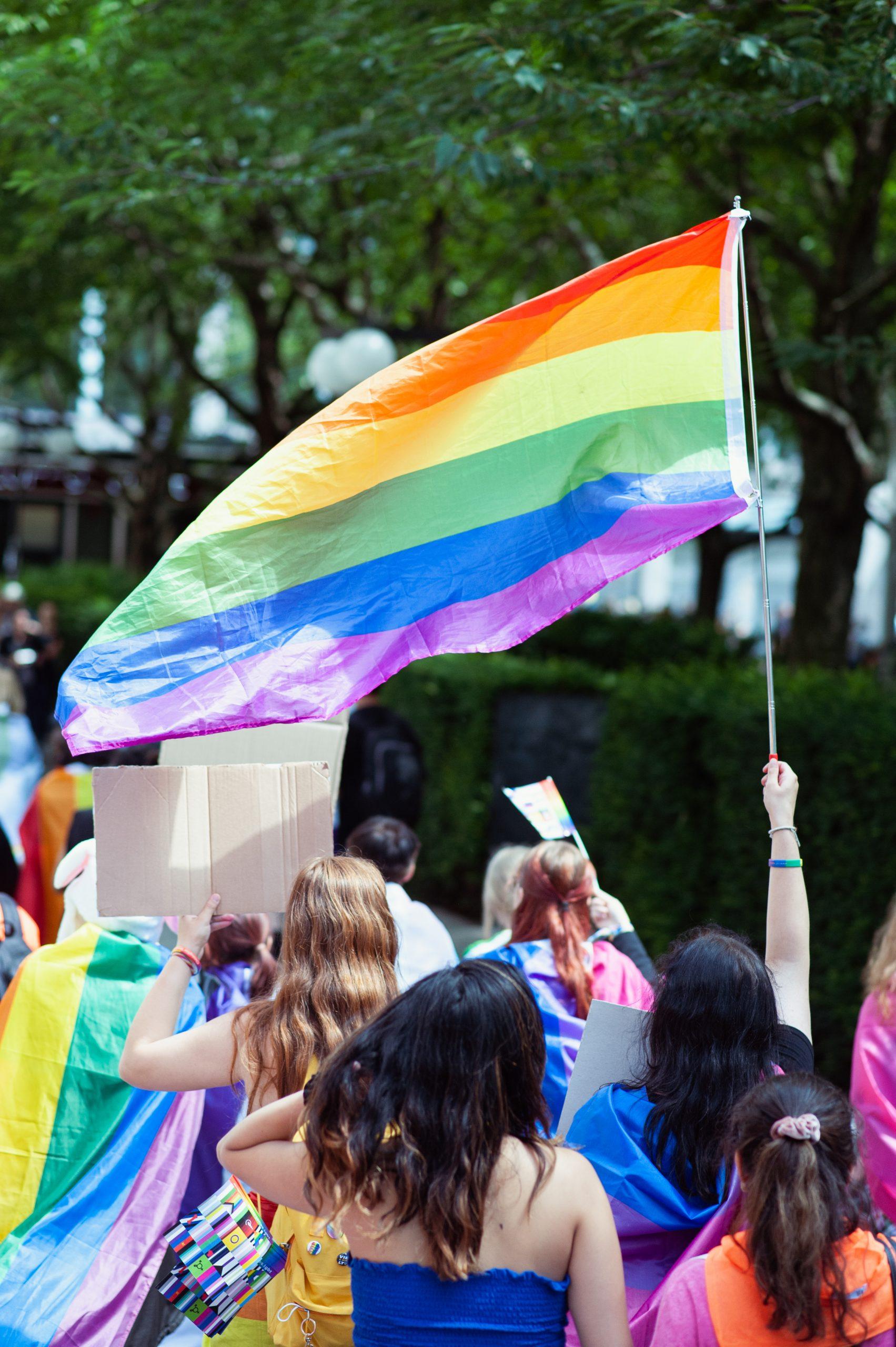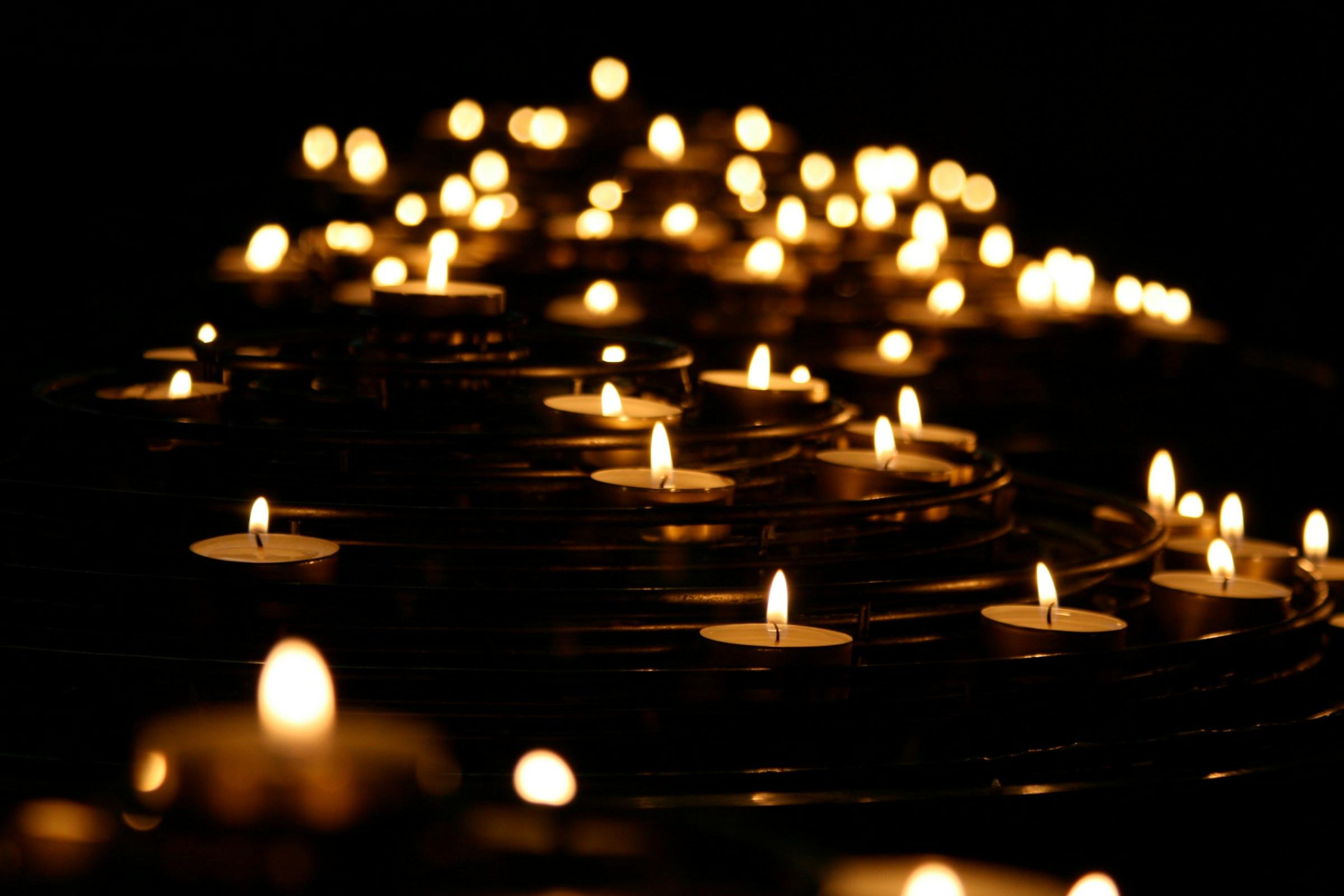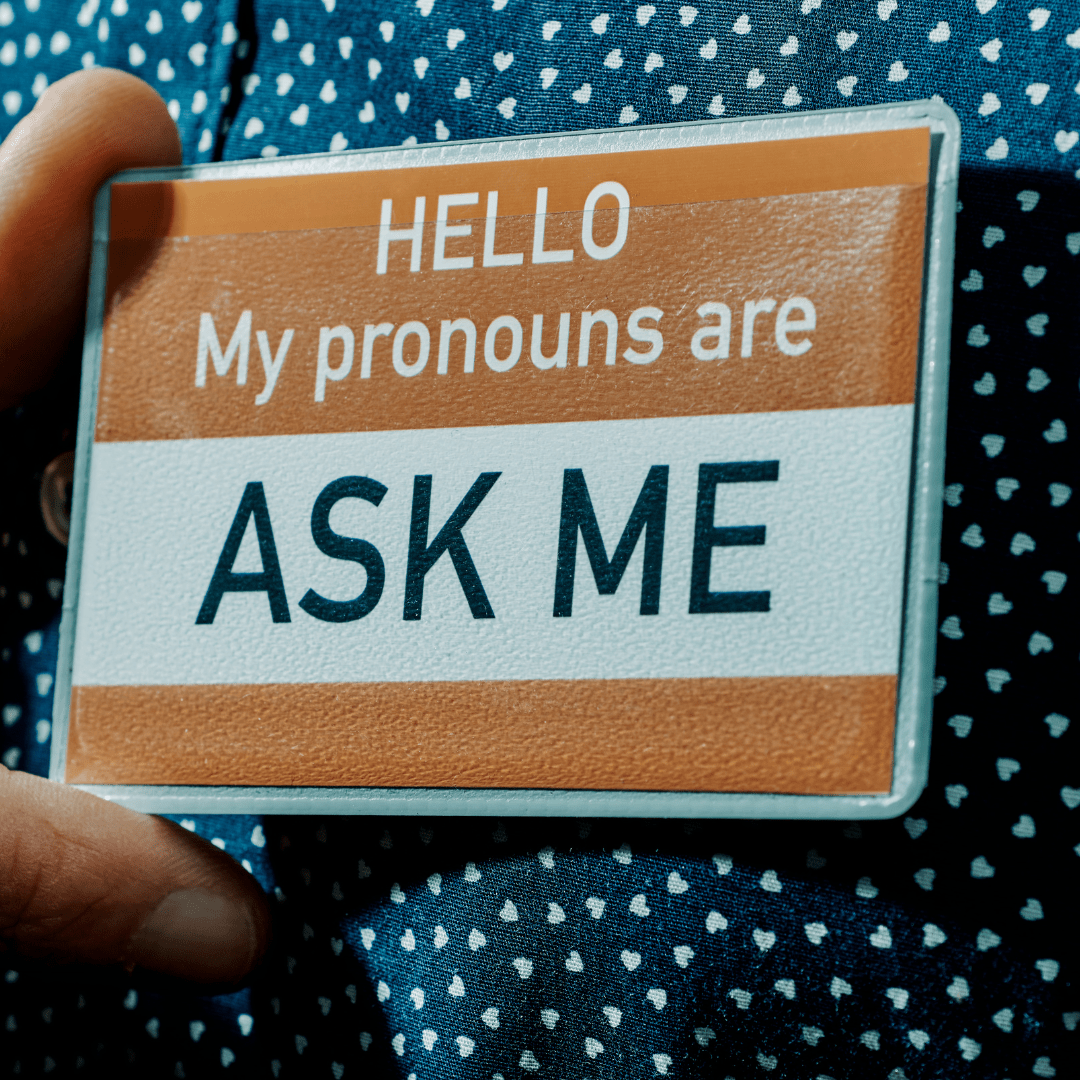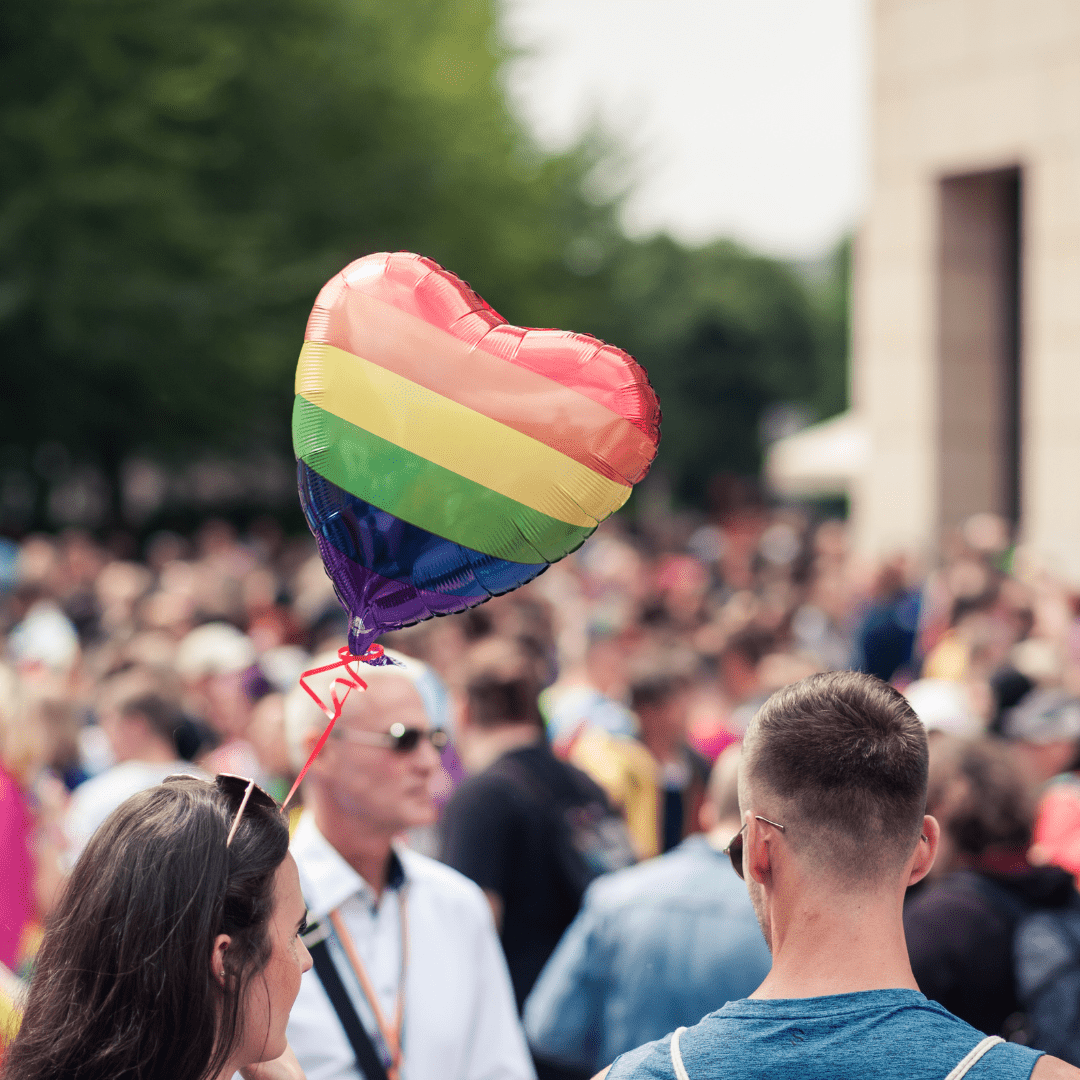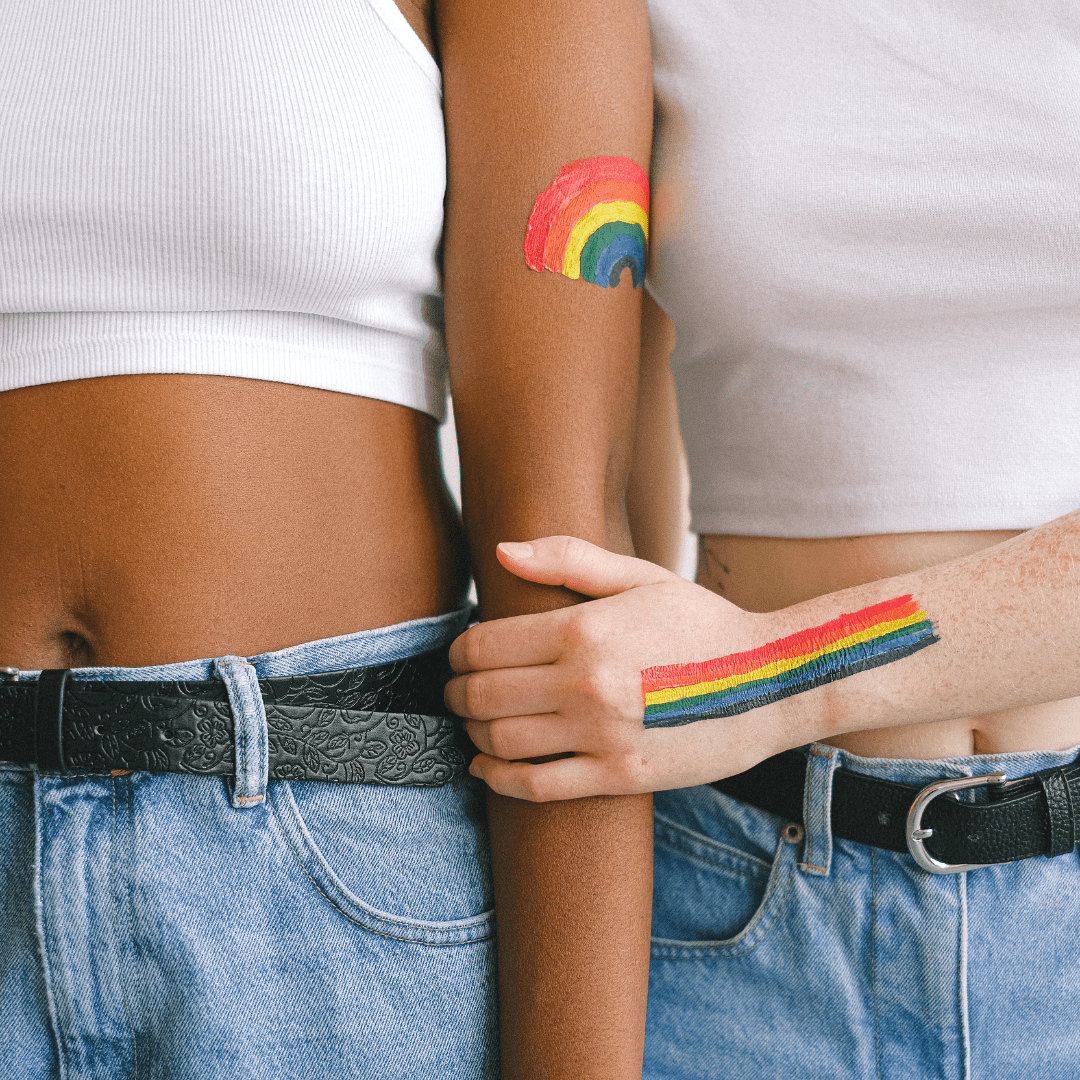Update
Today, 8 March, is the feminist day of struggle, often referred to as International Women’s Day. It has a long history and is primarily intended to remind us that women as well as trans, inter and non-binary people still enjoy fewer privileges in their everyday lives than cis men and have to assert themselves time and again.
International Women’s Day has its origins in the USA. From the mid-19th to the 20th century, female textile workers protested there because of the poor working conditions and low pay for women. The German socialist Clara Zetkin organised the first International Women’s Day in Europe. This took place on 19 March 1911 and had the political goal of introducing the right to vote for all. On 8 March 1917, many female workers protested in Russia on the occasion of International Women’s Day to defend themselves against poor working conditions. So many people joined the demonstrations that the Tsar abdicated. As a result, Women’s Day has always taken place on 8 March ever since.
Much has been achieved in Germany since 1911. For example, women have had the right to vote for over 100 years. The Equal Rights Act, which aims to guarantee equal rights for women and men before the law, came into force 66 years ago. Article 3 of the Basic Law was extended 30 years ago so that the state must now actively promote equal rights for women and men. Despite all these positive developments, there are still many inequalities within our society. For example, according to the development organisation Oxfam, women continue to earn around 23% less than men worldwide and perform an average of 75% of care work1. Women are also more frequently affected by violence and discrimination than men. According to the Federal Criminal Police Office, around 81% of victims of attempted and actual violence are female.
We therefore demand real equality at all levels so that women as well as trans, inter and non-binary people have the same development opportunities as cis men.
1The term care work refers to all care activities that are not paid. This includes, for example, household work and the education, care or provision of family members.
Sources:
https://www.oxfam.de/unsere-arbeit/themen/care-arbeit?utm_wec=11494&gclid=EAIaIQobChMI7uil64O4_QIVy-R3Ch3tywiHEAAYASAAEgJrYvD_BwE
